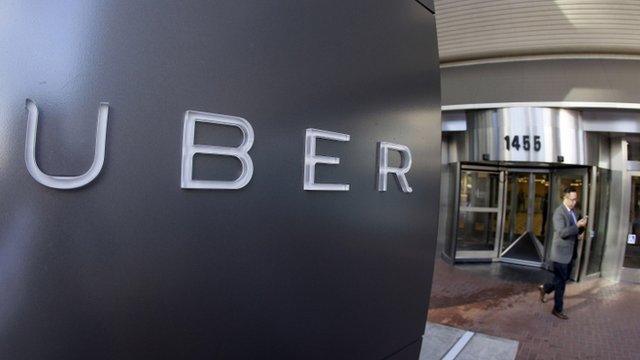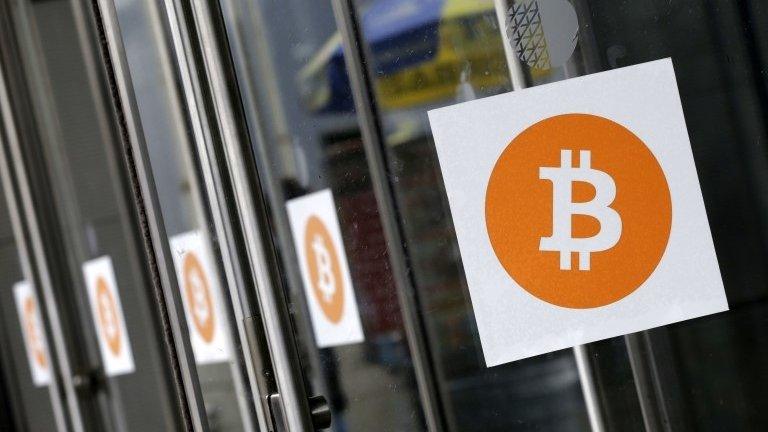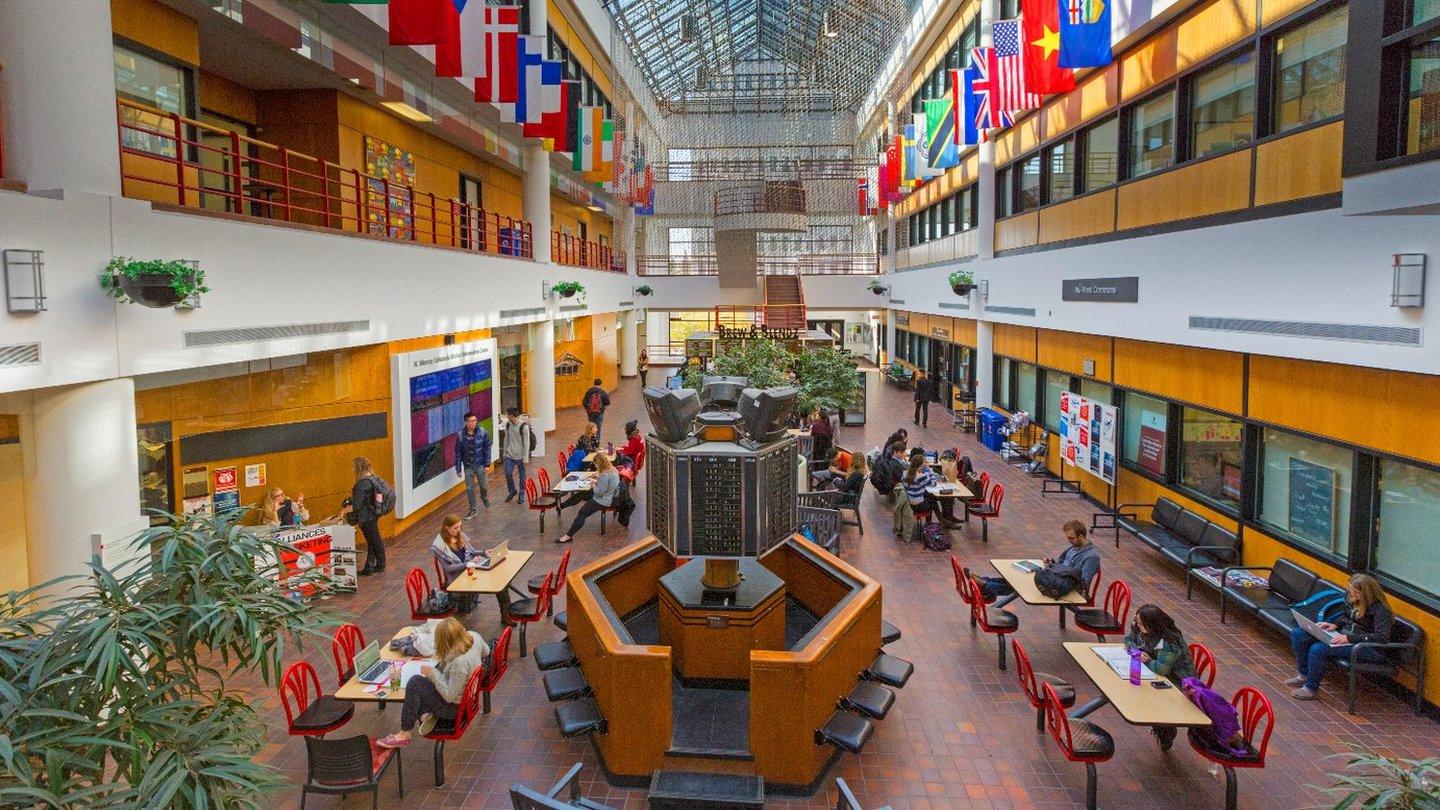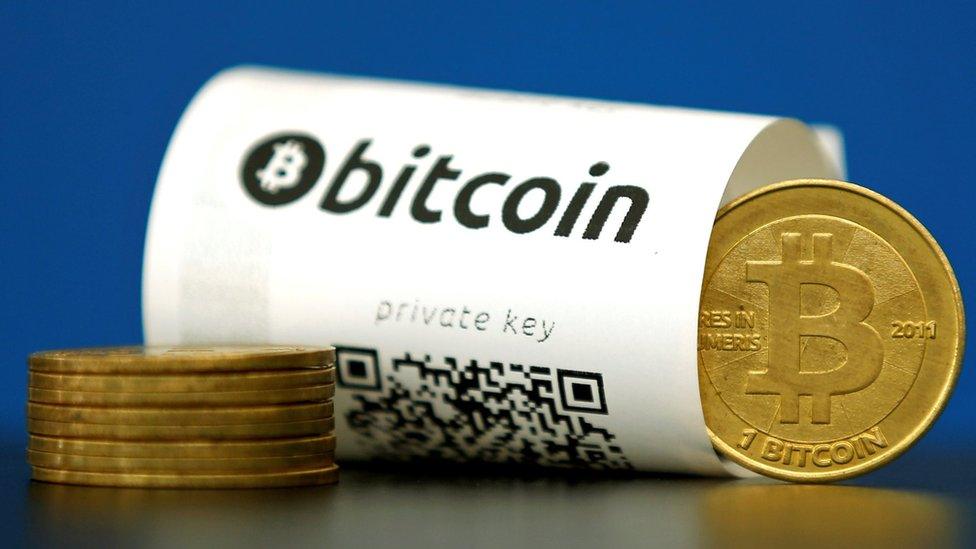Bitcoin rewards halve for virtual cash money miners
- Published

Uber is letting Argentine passengers use Bitcoin-backed payment cards to pay for rides
The financial rewards for being involved with the Bitcoin virtual currency have been halved.
Before 9 July, a regular reward of 25 bitcoins was handed out to those who were first to verify which coins had been spent.
Now, the leading team of "miners" who verify a chunk of global transactions will receive only 12.5 bitcoins.
The halving of the reward is scheduled to take place every four years to limit bitcoin inflation.
Mining crash
Created in 2008, bitcoins have slowly become accepted as a form of payment by increasing numbers of shops, stores and services.
One of the latest to back Bitcoin is cab company Uber, which has started letting passengers in Argentina pay for journeys using a Xapo debit card they can fill with bitcoins.
Bitcoin miners are essential to the operation of the virtual currency because they collaborate to maintain the central record of transactions known as the blockchain.
Verifying a chunk of transactions, known as a block, involves a complicated mathematical operation, and many miners use dedicated hardware to crank through the possible solutions to the cryptographic puzzle it represents.
The mining process is carefully engineered to limit the opportunities for fraud and to ensure coins are handed out on a regular basis.
The financial reward for solving the puzzle also helps motivate people to stay involved.
The first halving event took place in 2012, when the reward for mining a block dropped from 50 bitcoins to 25.
One bitcoin is now worth about £500 ($645), making the reward each time a block is added to the blockchain equal to about £6,244.
Many mining pools operating thousands of dedicated computers seeking to be the first to get the solution to the bitcoin puzzle and reap a reward operate on very thin margins.
Reuters reports one company, Sweden's KnCMiner, filed for bankruptcy in May, citing the losses it would suffer when the reward halving took place, external.
Competition among miners has increased thanks to the intervention of many Chinese companies, who are now thought to control about two-thirds of the computational power working on Bitcoin's blockchain.
Daniel Masters, who runs a bitcoin-based hedge fund, told Reuters: "It turned out that the Chinese, who really stormed into the mining market in the last couple of years, could just do this whole thing cheaper."
- Published7 July 2016

- Published20 June 2016
- Published8 June 2016

- Published30 May 2016
